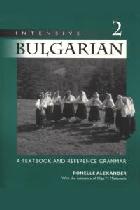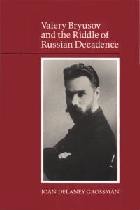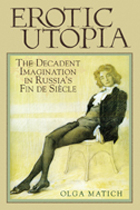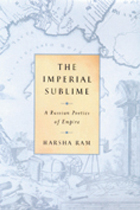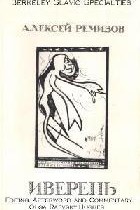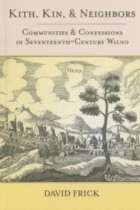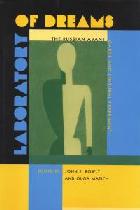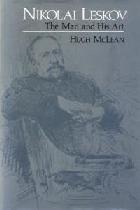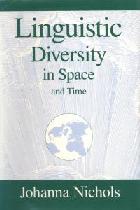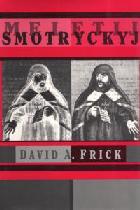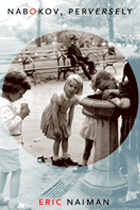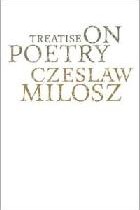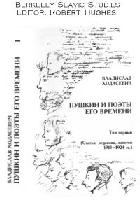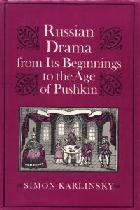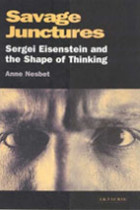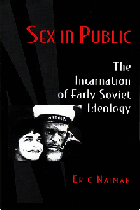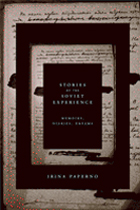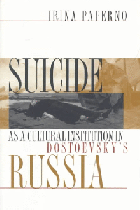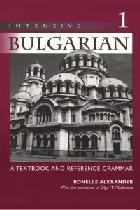Events
For campus-wide events associated with the Institute of Slavic, East European, and Eurasian Studies, please click here.
Hamid Ismailov: Readings with Strangers.
An evening with the Uzbek novelist, poet, and journalist Hamid Ismailov who reads from some of his latest work and dialogues with Professors Edward Tyerman and Harsha Ram about his creative practice, the experience of writing “”between the lines”” in both linguistic and generic terms, and his understanding of contemporary Central Asian literature.
Poetry in a Time of War: Voices from Ukraine and Russia
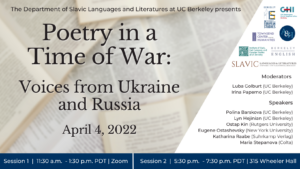
Session 1: Early afternoon Zoom reading
Session 2: Evening Maude Fife reading
The Legacies of Ukrainian Culture
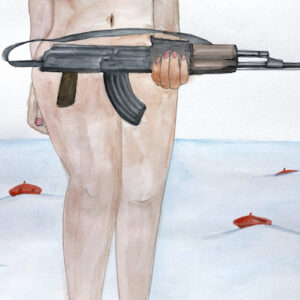 Thurs Mar 10 | 12 pm PT
Thurs Mar 10 | 12 pm PT
Online
More Info
In a conversation moderated by Harsha Ram (Slavic Languages & Literatures and Comparative Literature), scholars and intellectuals share their perspectives on the trajectory of Ukrainian culture over the longer arc of history and in the contemporary post-Soviet era.
Participants:
Vitaly Chernetsky (University of Kansas), Ukrainian-American literary scholar and author of Mapping Postcommunist Cultures: Russia and Ukraine in the Context of Globalization.
Mayhill Fowler (Stetson University), cultural historian and author of Beau Monde on Empire’s Edge: State and Stage in Soviet Ukraine.
Alisa Lozhkina, independent art curator, historian, and critic, and author of Permanent Revolution: Art in Ukraine 20th to the early 21st Century.
Steven Seegel (University of Texas, Austin), specialist in Eastern European critical geography and the digital and spatial humanities, and author of Mapping Europe’s Borderlands: Russian Cartography in the Age of Empire, Ukraine under Western Eyes, and Map Men: Transnational Lives and Deaths of Geographers in the Making of East Central Europe.
Cosponsored by Slavic Languages & Literatures and the Institute of Slavic, East European, and Eurasian Studies.
Artwork: Untitled (Detail) by Kinder Album, mixed media on paper, 2019, Lviv.
On Zoom: https://berkeley.zoom.us/j/98262509714?pwd=aTM0K3djNW5hMGs3em03YTBsREgxUT09
SPRING 2021
DEPARTMENT COLLOQUIA (Department members will be provided with Zoom information prior to each lecture):
“Interpreting the South Slavic Traditional Voice: Linguistics, Folklore, and the Creativity of Performance”
Lecture by Professor Emerita Ronelle Alexander (UC Berkeley)
Monday, February 1, 12 pm (noon)
“News Media, Poetry, World Form”
Lecture by Professor Jacob Edmond (University of Otago, New Zealand)
Monday, March 8, 4pm
“The Rabbit and the Duck: Stanislavsky and Meyerhold in the 1930s”
Lecture by Senior Lecturer Anna Muza (UC Berkeley)
Monday, March 15, 4pm
“Personal Experience Narratives as a Folk Genre”
Lecture by Assistant Professor Jessica Merrill (Columbia University)
Monday, April 5, 4pm
Please also save the potential dates for the collective reading of Evgenii Shvarts’s “Golyi Korol’.” They are 4 pm on Mondays January 25, February 8, February 22, and March 1.
SUMMER 2020
Townsend Center for the Humanities Summer Media:
Berkeley Book Chats #5, Anne Nesbet
https://townsendcenter.berkeley.edu/media/anne-nesbet
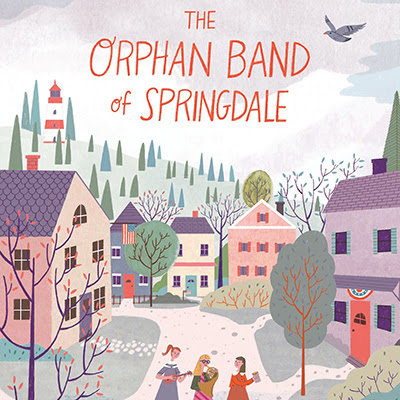
In her book of historical fiction for younger readers (ages 10-14) The Orphan Band of Springdale, Anne Nesbet (Slavic Languages & Literatures and Film & Media) tells the story of 11-year-old Gusta. It’s 1941, and tensions are rising in the United States as the Second World War rages in Europe. Gusta has been sent to live in an orphanage run by her grandmother in Springdale, Maine, after her father, a foreign-born labor organizer, has had to flee the country. As Gusta gets to know the rambunctious orphans at the home, she feels like an outsider at her new school, and she finds herself facing patriotism turned to prejudice, alien registration drives, and a burning family secret.
Nesbet’s previous novel for children, Cloud and Wallfish, won the 2016 California Book Award gold medal in juvenile fiction. A scholar of Russian and Soviet film, she is the author of Savage Junctures: Sergei Eisenstein and the Shape of Thinking.
Nesbet is joined by Kristen Whissel (Film & Media) and Whissel’s daughter, Isla Hager.
SPRING 2020
Unless otherwise noted, all talks take place at 4pm in Dwinelle B-4.
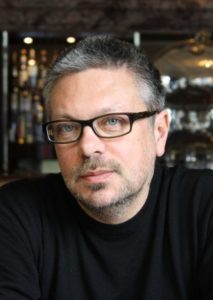
March 2 Mikhail Shishkin (Russian author),
A Bilingual Reading and Conversation
Geballe Room at the Townsend Center (220 Stephens Hall)
April Ilya Kukulin (Higher School of Economics/Moscow)
FALL 2019
Unless otherwise noted, all talks take place at 4pm in Dwinelle B-4.
September 9 Stuart Goldberg (Georgia Institute of Technology), “The Sincere Voice, or How Sincerity is Written and Read in Russian (and not only Russian) Poetry”
September 30 Maxim Osipov (Tarusa/Moscow), Reading from Rock, Paper, Scissors, and Other Stories together with Sabrina Jaszi. Geballe Room @ the Townsend Center (220 Stephens Hall)
October 7 Screening: The Mysterious Wall (Tainstvennaia Stena, 1967)
October 14 Olga Matich (UC Berkeley), “Cities of the Dead: The Moscow and Paris Cemeteries”
October 21 Theater Panel, Presenters: Myrna Douzjian and Robyn Jensen; Respondents: Anna Muza and Edward Tyerman
October 29, October 31, November 5 Moshe Taub (Hebrew University) The Taubman Lectures: “The Cultural Legacy of the Pre-Ashkenazic Jews in Eastern Europe” (Easton Hall)
November 18 Screening: Lolita
November 22 Mini-Conference on Moscow Conceptualists, 1:30-6:30pm, Geballe Room @ the Townsend Center (220 Stephens Hall)
December 2 Igor Gulin (Moscow), Late-Soviet Cinema: Beyond Propoganda and Subversion
